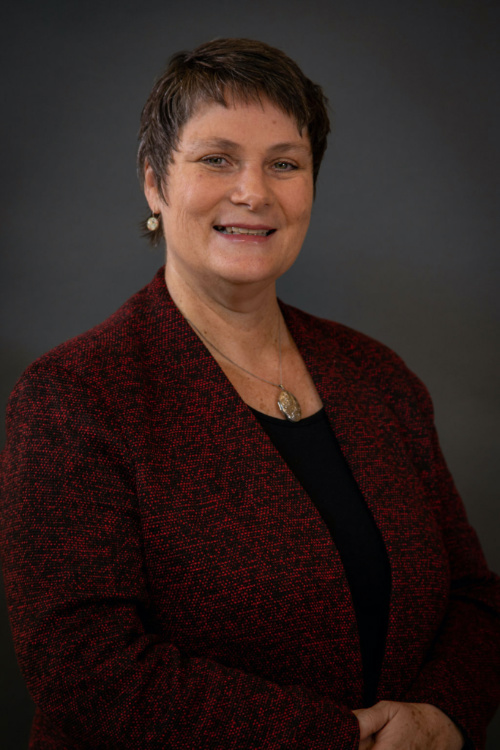Melbourne, Australia
A world-leading research organisation identifying church values has concluded religious leaders have a long way to go to meet community expectations around supporting victims of domestic and family violence.
The latest research from the National Church Life Survey concluded that two thirds of clergy and church leaders have dealt with domestic and family violence situations, but many are still not implementing the basic training they have received.

Dr Ruth Powell said there was a need for clergy and church leaders to condemn violence and abuse publicly and regularly, to enable victims in their congregations and communities to feel supported. PICTURE: Courtesy of NCLS
An astounding 41 per cent of religious leaders admit they have counselled the perpetrator and victim together, rather than recognise the further trauma they are imposing. This is despite the widespread training available for church leaders that identifies couples counselling is ineffective and unsafe as it fails to address the unequal power in an abusive relationship and can place the victim at increased risk.
However, other clergy and religious leaders have demonstrated they are a conduit to referral agencies and assistance. Some 17 per cent of respondents self-identified they were very familiar with support services in their local community. While 57 per cent identified as somewhat familiar, 26 per cent of respondents admitted they were not at all, or not very, familiar with support services in their local community.
Fourteen denominations and movements are included in the research analysis, accounting for 89 per cent of the estimated number of senior local church leaders in Australia.
“What is clear is that domestic and family violence – and the responses to it – is a gendered issue,” said Dr Ruth Powell, an associate professor at Charles Sturt University, and director of NCLS Research.
“Women are more likely to be the victims and men are likely to be the perpetrators. When we pushed clergy and church leaders for more information about their responses, we found only one in six were familiar with the referral services in their district.
Powell said that it was hoped that as result of participating in the survey, church leaders “now do know what’s available in their community, how to access those services, and how to enable someone to get help”.
“Help for victims needs to be active.”
Given this research was undertaken in 2016, and has only recently been released, it is hoped the next survey will demonstrate that religious leaders have taken on board additional learning that doesn’t serve to distress victims further.
Dr Powell hopes that more denominations have initiated training for clergy and religious and church leaders in the past six years. She recommends people are held accountable for actively following their training in meeting the needs of domestic and family violence survivors, most of whom are women and children.
“We know many of our denominations have taken good steps to develop training for clergy and church leaders…you need to keep going, you need to be equipped, and refresh training regularly,” she said.
Dr Powell said even offering relationships counselling in a normal situation can reveal a threatening situation.
Dr Powell said the Salvation Army was remarkable among denominations for its responses. She said the fact that leaders were often couples may be the reason why the Salvation Army leaders polled high on familiarity with support services and in supporting victims.
According to a spokesperson for the Salvation Army, 90 per cent of their leaders had dealt with domestic and family violence situations and 72 per cent had counselled victims. A safety risk assessment was part of the standard response to someone revealing they were either a victim or perpetrator of domestic and family violence. In 93 per cent of cases, the religious leader referred the victim to support services.
Of note, significantly less female Salvation Army leaders were likely to counsel, or offer counselling to, perpetrators.
Dr Powell said there was a need for clergy and church leaders to condemn violence and abuse publicly and regularly, to enable victims in their congregations and communities to feel supported.





